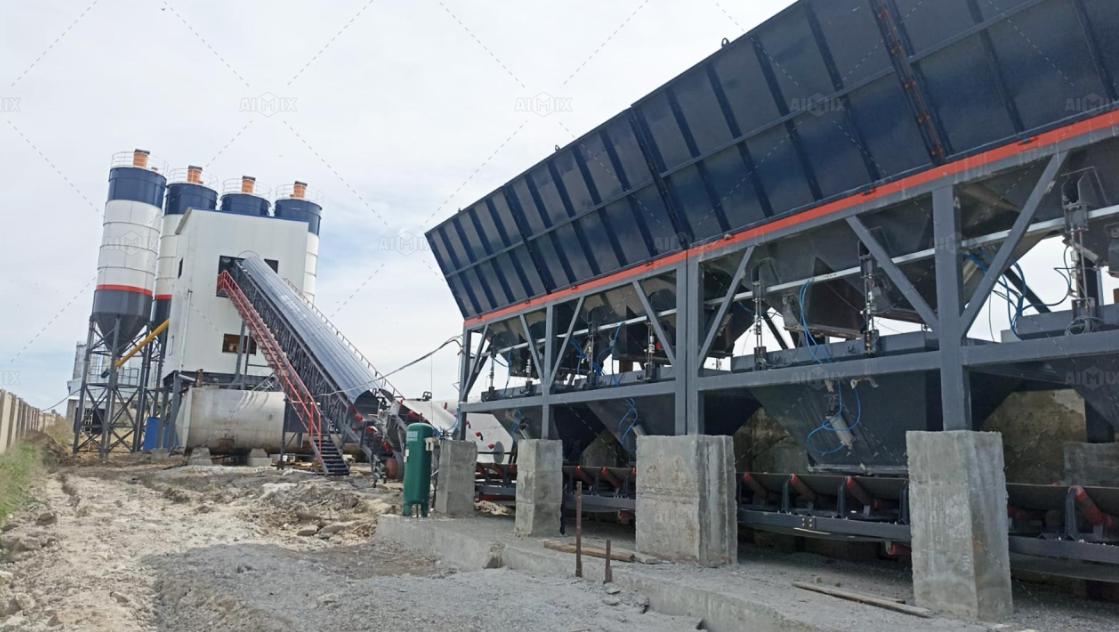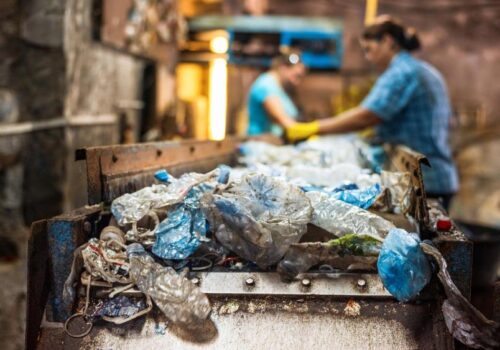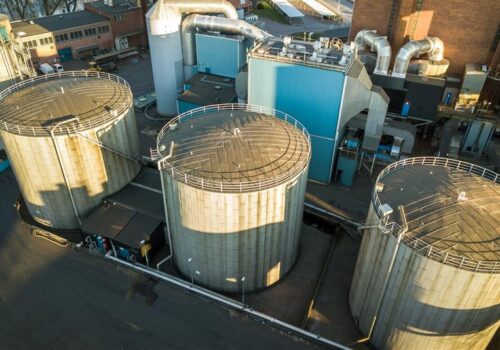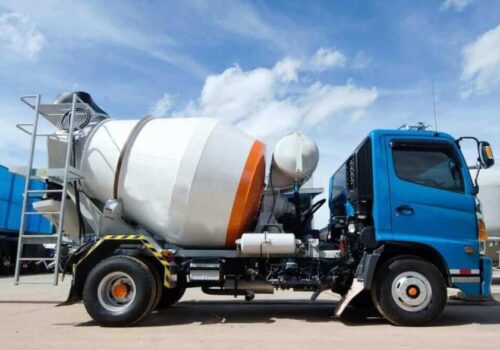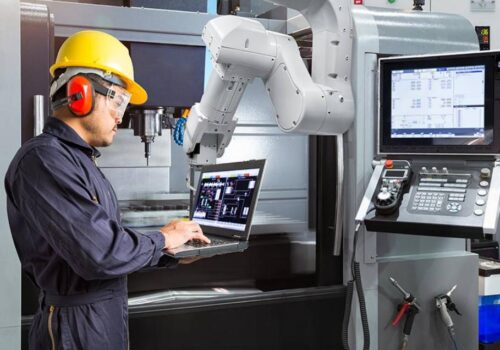Top Benefits of Using Concrete Batching Plants for Large-Scale Projects
When it comes to large-scale construction projects, consistency, efficiency, and quality are key factors that can make or break the success of a project. Without the right tools, meeting deadlines and maintaining high standards can be challenging. This is where concrete batching plants become essential.
These plants are designed to produce large quantities of concrete quickly and with great precision, making them an essential tool for big construction jobs. They help improve workflow and keep everything running smoothly. If you’re managing a large-scale project, here are some top benefits of using concrete batching plants.
1. Enhanced Efficiency and Speed
One of the main advantages of using these plants for large projects is the significant improvement in efficiency. Traditional concrete mixing methods often involve manual labor or smaller, less efficient equipment.
However, with a batching plant, the entire process is automated, ensuring that concrete is mixed and delivered in the exact quantities needed at the right time. This leads to faster production, reducing delays and helping keep the project on schedule.
2. Consistency and Quality Control
Maintaining the quality and consistency of concrete is crucial, especially for large-scale constructions like highways, bridges, and skyscrapers. Batching plants ensure that each concrete batch is mixed to the same precise specifications.
With automated systems, there’s little chance for human error, and the concrete’s strength and durability remain consistent across large quantities. This level of quality control is vital to meet safety standards and regulatory requirements.
3. Cost-Effectiveness
While the initial investment in a concrete plant may seem significant, it can save you money in the long run. Because batching plants mix concrete in large quantities, they can produce concrete at a lower cost per unit compared to smaller batches made on-site.
Furthermore, automated systems reduce the need for manual labor, cutting down on operational costs. Over the course of a large-scale project, these savings can add up significantly.
4. Reduced Waste and Material Efficiency
One common challenge in construction is the issue of waste. Often, excess concrete is mixed, leading to unused material that is thrown away. These plants minimize waste by precisely calculating and mixing only the amount of concrete needed for the task.
This reduces material waste and ensures that resources are used efficiently, contributing to more sustainable construction practices.
5. Flexibility and Customization
Large-scale projects often require different types of concrete, depending on the specific needs of the structure. These plants can be customized to produce various types of concrete with specific properties, such as different strength levels or curing times.
This flexibility allows contractors to easily meet the unique demands of each phase of a project, ensuring that the concrete meets all necessary requirements.
Conclusion
In conclusion, concrete batching plants provide a wide range of benefits that are particularly valuable for large-scale construction projects. From boosting efficiency and maintaining quality to reducing waste and costs, they are an essential tool for modern construction.
By utilizing these plants, contractors can ensure their projects are completed on time, within budget, and to the highest standards.

